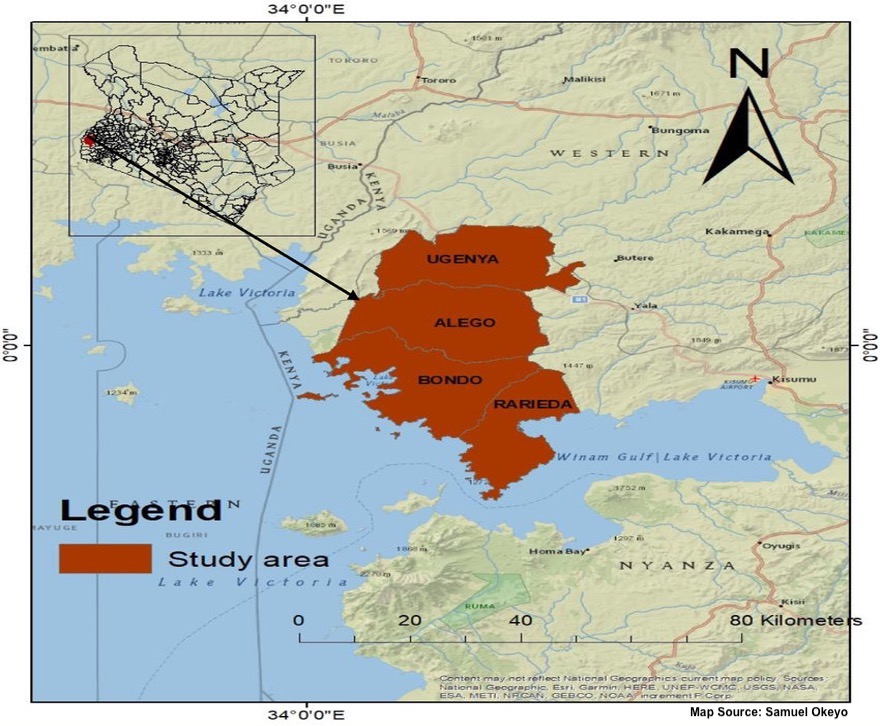About this CARP project
 Malnutrition among Kenya’s children is a public health concern. Climatic variability affects many underlying determinants of child malnutrition, including food availability, access, and utilization. Extreme weather events, seasonality, and other climate changes, along with ecosystem, biodiversity, and natural resource changes, have considerable effects on the food security and nutrition of African communities, societies, and economies that depend on rainfall. These changes may force households and institutions to adapt and diversify their livelihood strategies and asset base to survive. This research, therefore, aims to reduce the prevalence of malnutrition among children under 5 years by looking at the adaptation strategies on child feeding practices.
Malnutrition among Kenya’s children is a public health concern. Climatic variability affects many underlying determinants of child malnutrition, including food availability, access, and utilization. Extreme weather events, seasonality, and other climate changes, along with ecosystem, biodiversity, and natural resource changes, have considerable effects on the food security and nutrition of African communities, societies, and economies that depend on rainfall. These changes may force households and institutions to adapt and diversify their livelihood strategies and asset base to survive. This research, therefore, aims to reduce the prevalence of malnutrition among children under 5 years by looking at the adaptation strategies on child feeding practices.
Study site: Hospital-based study in Siaya County, Kenya.
Main Research Questions
-
What are the locally available and production patterns of protein-rich animal and cereal products that are used to feed malnourished children during dry and wet seasons in Siaya County?
-
What are the dietary quality and feeding practices of protein-rich animal and cereal products among malnourished children during dry and wet seasons in Siaya County?
-
What are the existing adaptation strategies during dry and wet seasons to help reduce the prevalence of malnutrition?
-
What are the climate adaptation strategies on feeding practices to reduce malnutrition in children under five years in Siaya County?
This project thus relates to disaster risk reduction and climate adaptation; through adopting the climate change adaptation strategies on feeding practices, the burden of malnutrition will be reduced among children under years. This is because climate change has affected the lives and health of people negatively in a number of ways. Many families cannot afford or access enough nutritious foods while foods and drinks change routines, causing mothers to lack time to feed their children, leading to a rapid rise in the number of children who are of poor health in poor as well as rich countries. This research intends to inform the national and county governments in Kenya on the relationship between climate change and malnutrition, therefore proving the demand for climate adaptation strategies on feeding practices to help reduce the prevalence of malnutrition among children under years.

Dr. Judith Mangeni
Senior Lecturer | Department of Epidemiology & Biostatistics,
School of Public Health at Moi University, Kenya
Study Co-investigator and contact person
nakholi2001@yahoo.com

Dr. Diana Menya
Senior Lecturer
Department of Epidemiology & Medical Statistics,
School of Public Health | Moi University, Kenya
Study Co-investigator

Prof. George Ayodo
Current Dean
School of Health Science at Jaramogi Oginga Odinga &
University of Technology (JOOUST), Kenya
Study Co-investigator

Dr. Fanuel Kawaka


